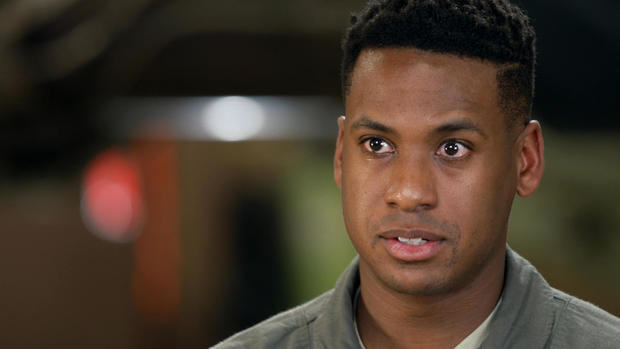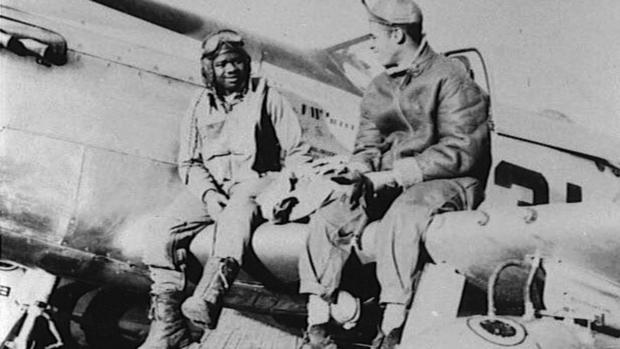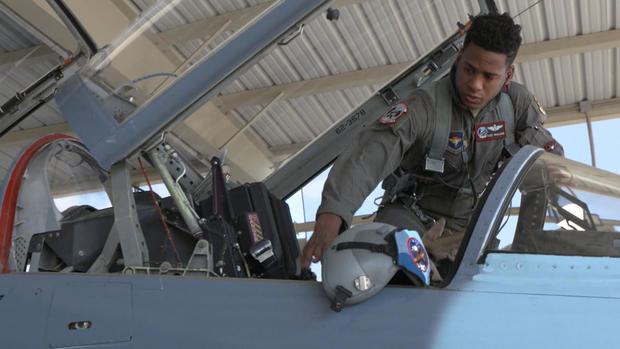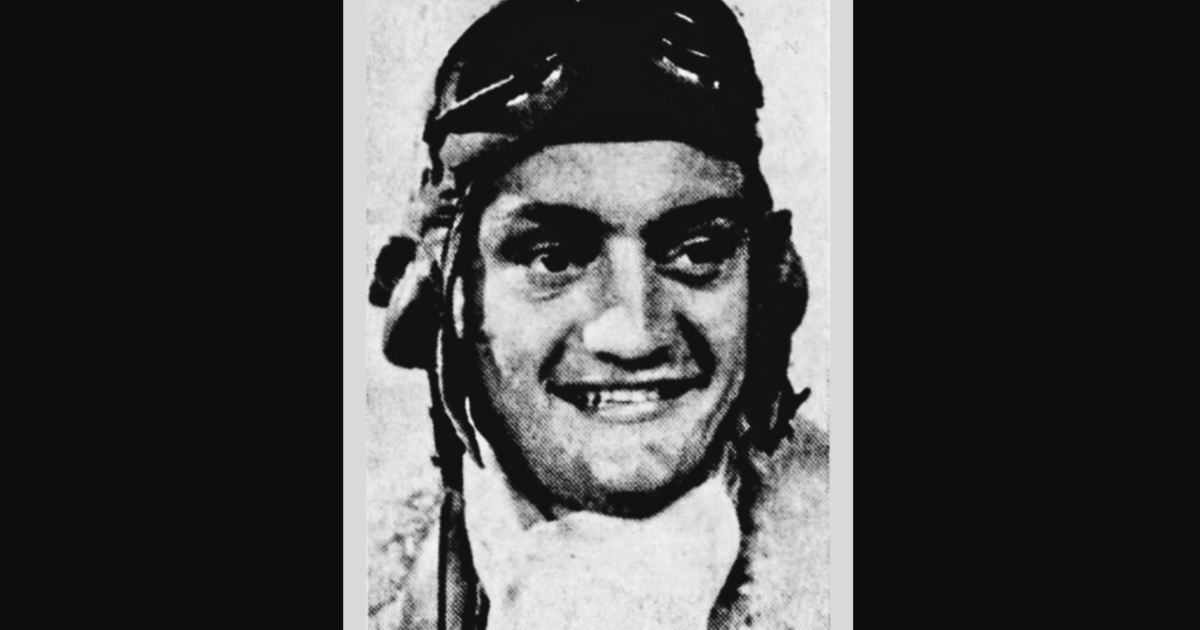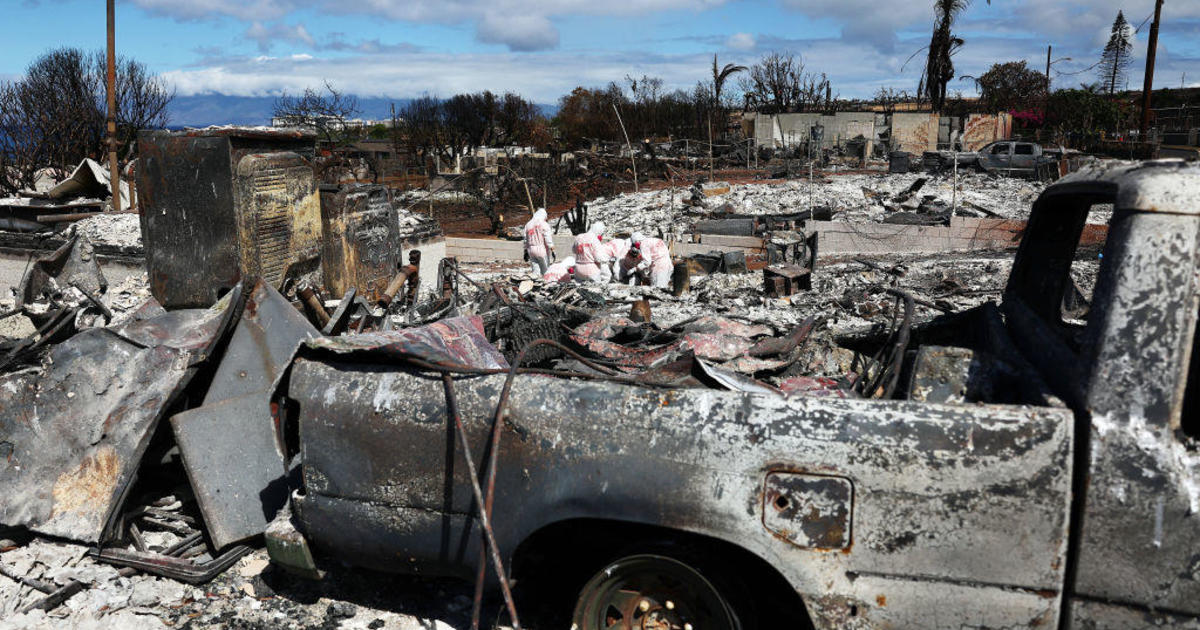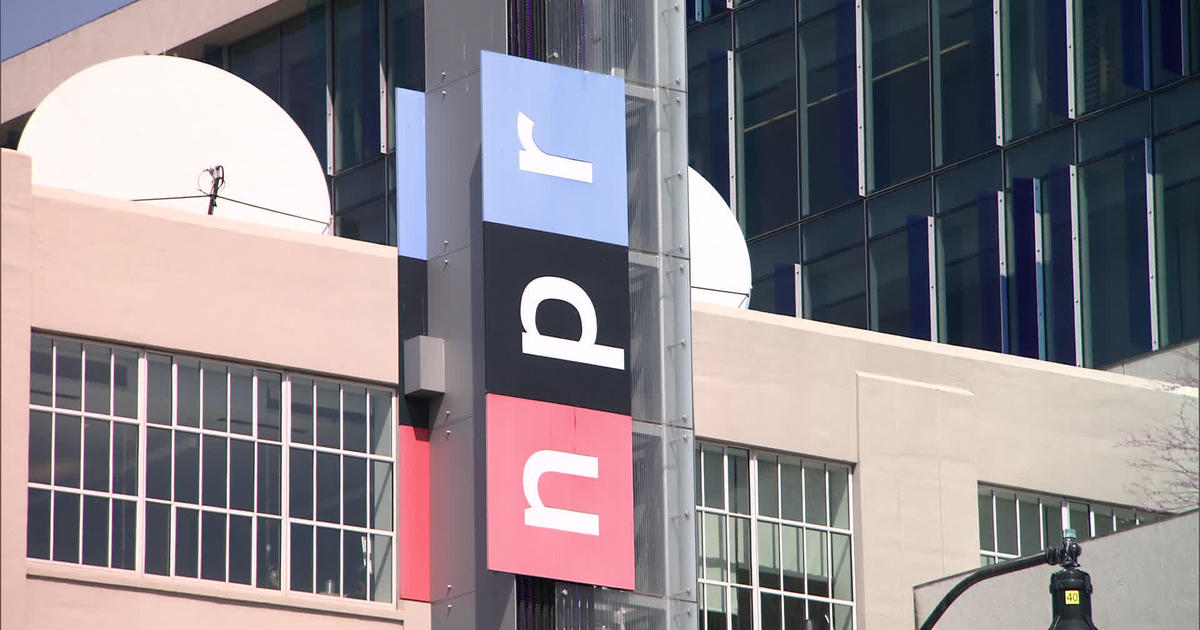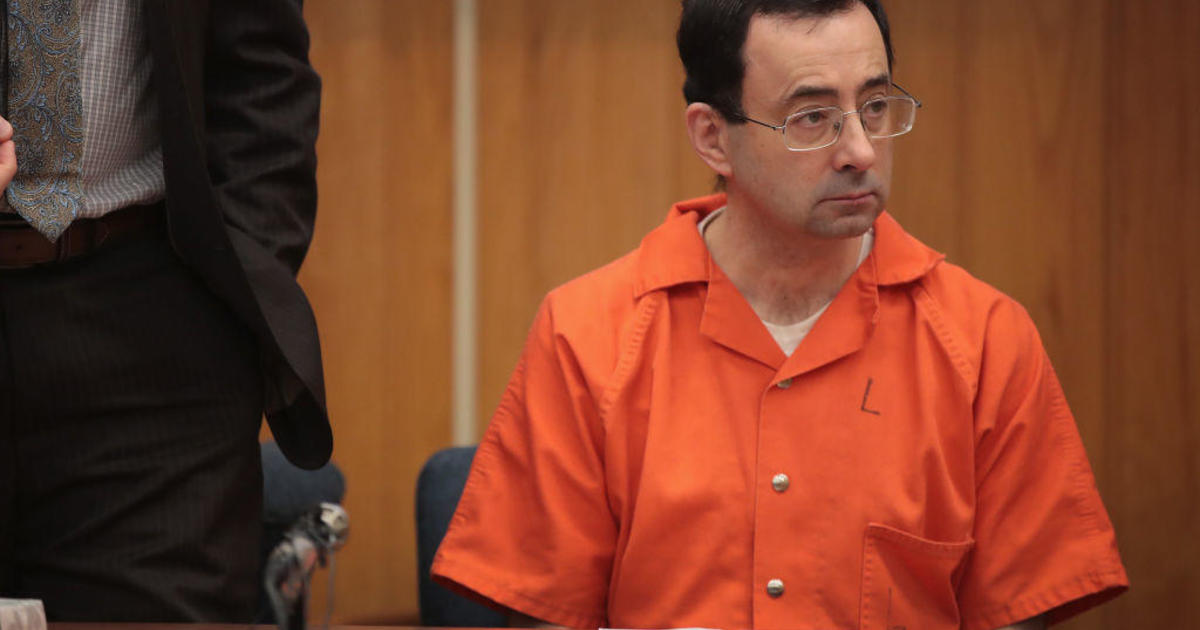Race in the ranks: An F-22 pilot on the sting of racial bias in the Air Force
This Sunday on 60 Minutes, CBS News national security correspondent David Martin reported on allegations of racial bias in the United States military. It has been more than 70 years since the integration of the American armed services, but African American members say they are not promoted as often as their White counterparts. From the rank and file to officers, some Black servicemembers find it difficult to succeed.
The U.S. Air Force Inspector General released a survey on racial disparity at the end of last year. It found that "2 out of every 5 [African Americans in the Air Force] do not trust their chain of command to address racism, bias and unequal opportunities." The study also reported that "3 out of every five [Black Air Force service members] … believe they do not… receive the same benefit of the doubt as their White peers if they get in trouble."
Major Daniel Walker says he has always felt the sting of racial bias since he joined the Air Force. Walker is an F-22 pilot, and he told correspondent David Martin that he believes he has always been treated differently than White pilots.
"The way you stand, the way you walk, the way you sit, the way you speak. In what is supposed to be an objective field, [they] are subjectively rating you to others in the sort of unofficial grapevine of evaluation," Walker explained.
In July 2020, Walker appeared on "Real Talk," a military-issues webcast that streamed on Facebook. He shared his story and the stories of other Black pilots. Hosted by Lieutenant General Brad Webb, the session was a platform to discuss race, diversity, and inclusion in the Air Force.
Walker read comments made by other black pilots, including this one: "Be yourself and thrive in a fighter squadron as a black man is an oxymoron; either conform or fail."
Walker explained that he, and he believes other African Americans in the military, have had to learn to moderate their behavior to accommodate the biases of their White counterparts. Walker told Martin that the unspoken message he perceived is: "You're big, you're Black, with a deep voice. You're intimidating."
Daniel Walker grew up in Dallas, Texas. As a young boy, he heard his family tell stories of his great-uncle Norman Scales, a Tuskegee airman who earned a Distinguished Flying Cross for his service to the country during World War II. Walker's family hoped that he would follow in Scales' footsteps, and he did. Walker attended the United States Air Force academy in Colorado and from there went on to pilot training.
Walker recalled that before he started flight school, Black veterans cautioned Walker that he would be treated differently because of his race.
"They're going to treat you poorly. When you wash out, they're probably not going to keep you in the Air Force," Walker recounted veterans warning him.
Despite the warning, Walker says he felt a determination to push forward. He excelled at flight school and earned a coveted assignment to fly the Air Force's top-of-the-line F-22 stealth fighter.
Initially, Walker said he hoped that at this level, his race would not change the way he was treated. But then the feedback started.
"I got feedback at the end of this course, however, that it was very evident that I was having a good time, and maybe I shouldn't have been. Or [that] I talked too much…"
After his training, Walker joined an F-22 squadron in Langley, Virginia. At first, Walker said he felt like he belonged. Then a familiar pattern crept in.
"He's too quiet. It seems like he thinks he's too good to be here or too good for this place," Walker remembered, voicing concerns he understood to be from his Air Force associates.
In flight school, Walker was admonished for being too loud. In the squadron, he was told he was too quiet, he told 60 Minutes.
After 11 years as an Air Force officer, Walker decided it was time to move on from what he referred to as an "uphill battle." His departure left the Air Force with fewer than 50 Black pilots.
"It's a loss for the Air Force. He was an incredible pilot, an incredible officer, outstanding officer for us," remarked Webb, who today leads the Air Education and Training Command.
Walker plans on attending law school next, hoping to use a law degree to affect change based on his experience. He has been accepted to Harvard Law School and is waiting to hear from additional law schools.
The video above was produced by Will Croxton and Jacquelyn DiNick. It was edited by Will Croxton.
